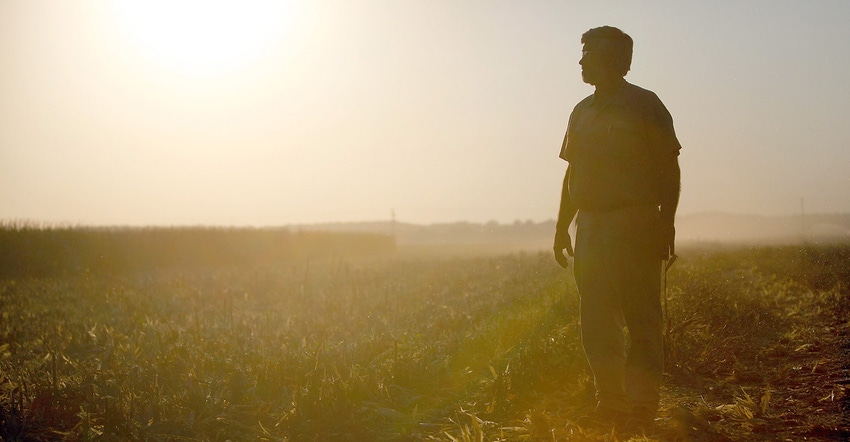
Roger is in his 60s, and he isn’t having fun farming. He isn’t making much money and he wants to hang it up. But there is a catch. A big catch that’s keeping him from transitioning out of farming when he wants to.
The problem is the IRS often has a surprise waiting for farmers like Roger, and it’s a double-whammy: The last crop that is sold, and equipment depreciation that is recaptured.
This twofold blow of income but no offsetting expenses and depreciation recapture leads to a nasty tax surprise.
Roger’s story is not unique. I have heard it often in the last few years. Often farmers want to get out of farming and either pass it on to the next generation or simply shut down the operations.
It has been said the art of farming is breaking even at higher levels each year and paying few taxes along the way. This is often accomplished with accelerated depreciation and paying expenses forward each year.
The problem arises when there is a crop in the bin that is essentially deferred income but no expenses to prepay and offset the taxes. The last crop is sold and then the large tax bill is due.
Another problem arises from equipment sales -- whether a farm sale or sale to the next generation. A likely outcome is large amounts of recaptured depreciation is all taxed in the year of the sale.
In summary, there is income from the last crop and taxable income from the farm equipment sale and recaptured depreciation all hitting the tax return at the same time.
Some options to consider
There are several options available that can defer the income tax, create additional deductions and other ways to transfer the assets. There are several complex techniques thatwork, but they are unique to each farm. The kicker is they all take time to execute.
How much time? If you want to transition a business to the next generation I recommend a ten-year plan and process. If all you want is to exit the farm production assets, then five years is usually adequate.
As in most things in life,there are tradeoffs. Roger now has a choice. Does he quit farming this year and pay more tax or does he smoothly taper down the operation over the next five years? I will present the options to him soon and then he has a choice to make.
Taxes aren’t the only consideration in a full farm transition plan. But taxes can determine how much money Roger will put in his pocket after Uncle Sam helps himself via taxes.
If you believe there is a possibility you will retire from farming within the next five years, do yourself a big favor and work up a plan today. Otherwise, you may be like Roger, with hard choices to make.
The opinions of the author are not necessarily those of Farm Futures or Farm Progress.
About the Author(s)
You May Also Like






